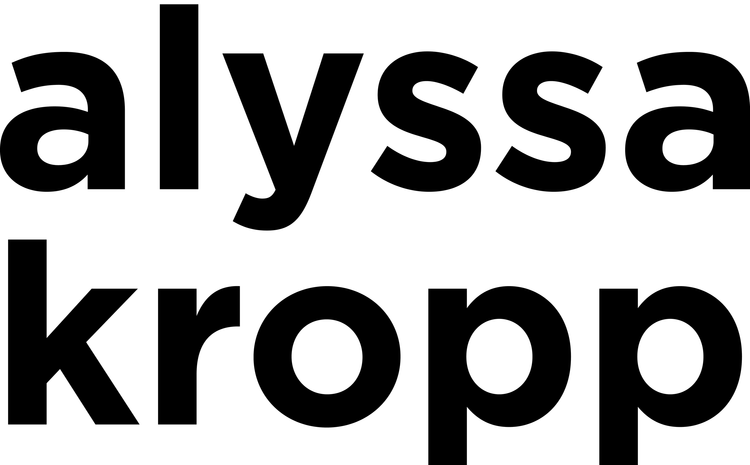During the fall semester I spent a lot of time working with Reboot as a graduate intern. I was specifically asked to help them on their participatory budgeting work the The Hewlett Foundation.
Don’t worry! I didn’t know what participatory budgeting (PB) was either.
The quick version: “PB is a democratic process in which community members directly decide how to spend part of a public budget.” NYC actually does this, and recently had a vote on the topic.
Over the semester I worked closely with the Programs & Design team on helping plan for a workshop bringing together stakeholders from all over the world working in PB. (Hence the very delayed posting…between a full course load, teaching 10 hours a week, and working 20, I was stretched a bit thin….)
This workshop, titled the Participatory Budgeting Exchange, was held in Barcelona right after Thanksgiving. This would be my first “official” design workshop; while I’ve completed many through school, and have facilitated a fair number, this was the first in a professional, I’m-getting-paid-for-this setting.
It was terrifying.
It was amazing.
It was also eye opening.
As I sit here, a couple months later looking back, I’m realizing just how much I learned from the team. Below are a few things that still stand out, particularly as I look to run more workshops.






Top 10 Workshop Reflections
Everything will change. Wow, did things adapt quickly. I’m still in awe at how the Reboot team does this.
Non “Designer” participants are creative as F. People were engaged when they thought on different scales, worked with their hands, and were allowed to have fun.
Translation allows for equitable participation; make sure it’s top notch.
Good ‘on the ground’ people are key. I mean, this I knew from working internationally as a program manager/coordinator, but it is just as vital in design workshops. The operations portions, having a fixer, and all the little details are really what allow workshops and design to make their impact. It is the workhorse behind the flashiness. I’m so happy I now have experience with both.
Having an open, supportive funder is a blessing. This isn’t always the case, but having someone who let’s you do your thing, and sees value in it, is the funder unicorn.
Designers use a lot of paper. I’m a Vermonter, so I really can’t help but notice when we go through lots of paper. I hate it. So, a design question for a design problem: Is there a way workshops might be able to run these types of things professionally without having to create so much waste?
Have a team. Running workshops is hard work; you can do it by yourself, but you’ll be more successful with others to lend a hand.
It’s ok to push back. Sometimes things are going in a weird direction, and questioning it might bring up interesting insights.
Not everyone understands things the first time. Feel free to repeat yourself. Or, don’t be afraid to ask for clarification.
In the end, being a part of this event was an amazing educational opportunity for me and I’m thankful the team let me come along. I’m also excited to see where this work goes next!


